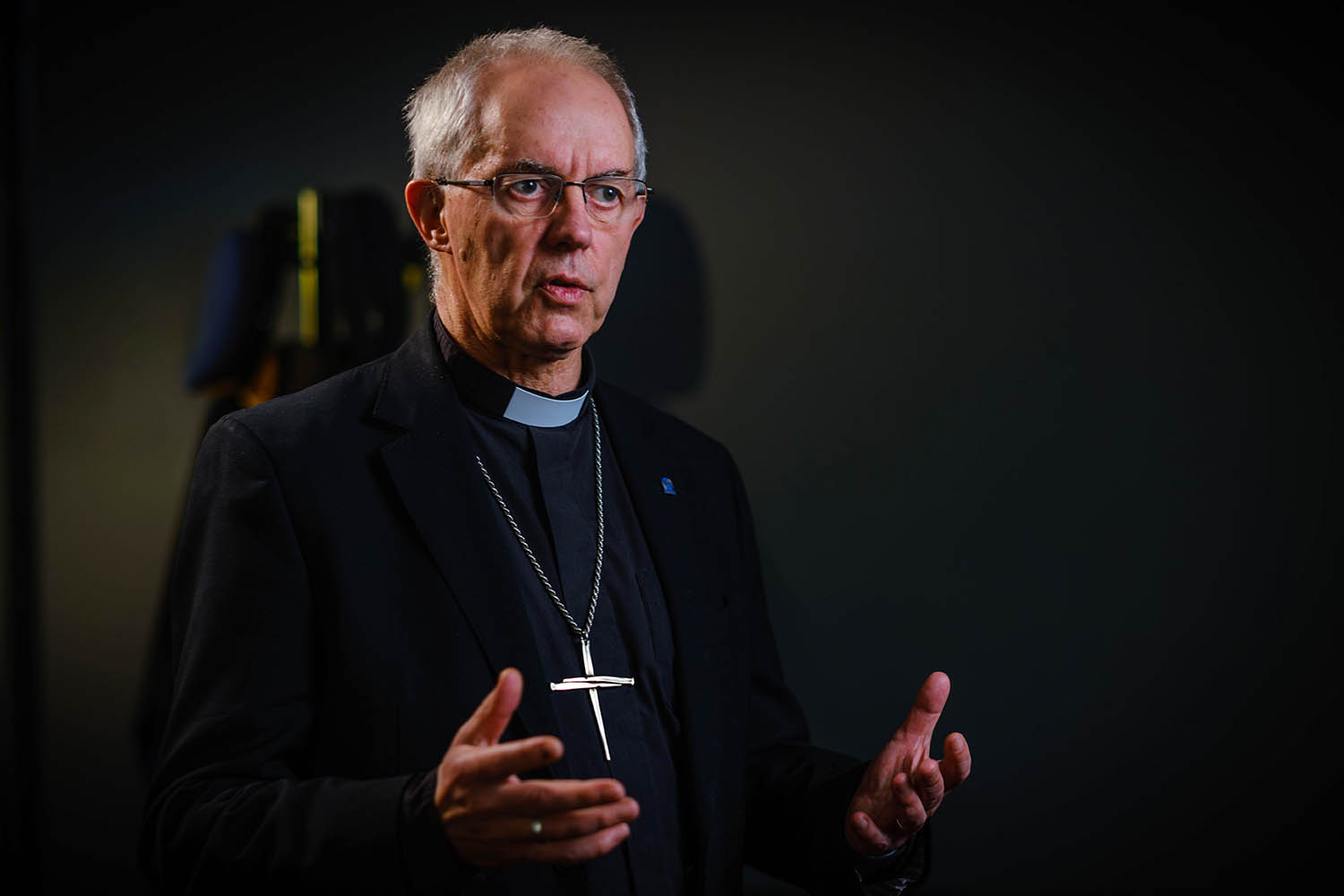
Pressure to go because of his part in an abuse cover-up became irresistible
“For nearly twelve years I have struggled to introduce improvements,” Justin Welby said on resigning yesterday as Archbishop of Canterbury. “It is for others to judge what has been done”.
So what? Others did, and found him wanting. By his own account, Welby found himself wanting, too. Yesterday he became the first holder of his post in its 1300-year history to resign because of a scandal: the cover-up, on his watch, of the “prolific, brutal and horrific” abuse of more than 100 boys across three countries and five decades.
From all the evidence Welby struggled over his decision. In the end, it was
- an effort to take “personal and institutional responsibility” for the Church of England’s failure to act against the abuser, John Smyth;
- a political choice that may have been prompted at least partly by Keir Starmer’s lack of support for Welby’s initial decision not to resign; and
- a moment of truth for the 85 million-strong worldwide Anglican communion, already torn between conservative Bishops in Africa and progressives in the US.
The abuse. A review leaked last week found that Smyth may have been the most prolific serial abuser to be associated with the Church of England. There is evidence he began his abuse as early as 1971 and it continued right up to his death in 2018. This included:
- teenage boys beaten so violently that they had to wear adult nappies to prevent blood leaking;
- a victim making a serious attempt to take his own life after Smyth advised him to self-harm as a means of fighting sexual feelings; and
- the “suspicious circumstances” of the death of 16-year-old Guide Nyachuru at one of Smyth’s camps in Zimbabwe, at whose funeral he officiated.
The cover-up. The 250 pages of social services director Keith Makin’s report provide an excruciatingly detailed account of how church officers repeatedly did not stop, and at times enabled, Smyth’s persistent abuse of boys and young men. Such as
- in 1982, when the trust which ran the Christian camps where Smyth found his victims uncovered abuse that church officers knew should have been reported to the police, but didn’t;
- between 1984 and 2001, when senior figures in the Church of England – including a former Archbishop of Canterbury – didn’t sufficiently take action to stop Smyth from continuing his abuse in Africa; and
- in 2013, when the Church of England knew “at the highest level” about the abuse in the 1970s and 80s and it was not, by Welby’s own admission, “energetically investigated”.
Did Welby know? The review found that although Welby “may not have known the extreme seriousness of the abuse” when he was told in 2013, it is “most probable he would have had at least a level of knowledge” Smyth was “of some concern”. Crucially, he failed to ensure police were properly notified.
Context matters. Anglican sex abuse scandals have been dwarfed in number and scale by those in the Catholic Church, but
- in 2014, the year after Welby was anointed archbishop, a major report on abuse by two paedophile CofE priests was criticised for omitting allegations about a bishop; and
- in the same year the government launched an independent inquiry into child sexual abuse, focused on the church.
Leading the Anglican communion through these and other reviews was a priority for Welby from the start. Radical transparency was not his default solution. As recently as April 2019 he claimed in a Channel 4 interview that neither Smyth nor the Iwerne Trust which ran the Christian camps was “Anglican” – a claim he has since retracted.
Welby’s actions since 2013 led victims to tell the Makin review they felt a sense of “personal betrayal” due to his connection with them through various Church networks. “He represents more than a remote figure to them,” Makin writes.
Another view. Welby has taken responsibility but wasn’t solely responsible. The review points to a host of other “enablers” in the Church community who could, and should, have acted to stop Smyth.
- The initial church source on Smyth in the 1980s, Reverend David Fletcher, told Makin he believed it “would do the work of God immense damage” if the abuse was made public.
- Smyth’s wife, Anne, and Simon Doggart, a victim who went on to beat boys alongside Smyth, were also both directly involved in the abuse.
What next? Much like the victims of ex-Harrod’s boss, Mohammed Al-Fayed, justice in the criminal courts is hindered by Smyth’s death. The Crown Nominations Committee will recommend a successor to Welby, and will face pressure from some quarters to propose a woman.
What’s more… The Church Times reports survivors have “little confidence” the CofE will take more notice of Makin’s recommendations than of the many previous safeguarding reports.
